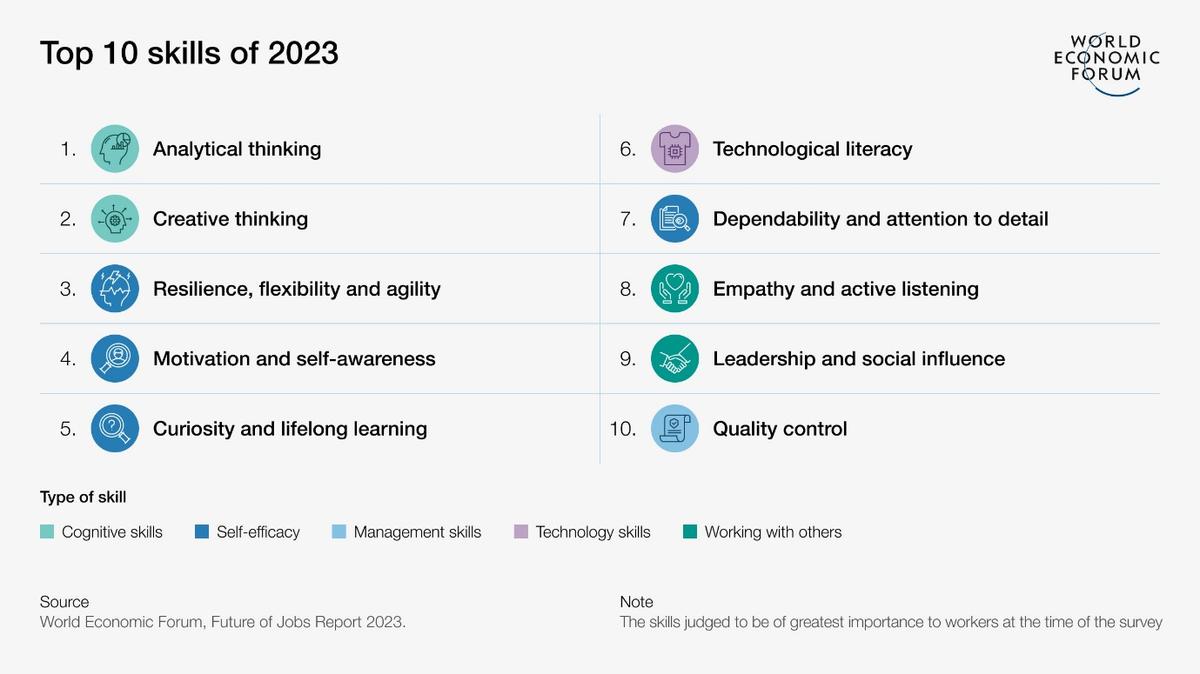Careers
Alternative Pathways and Experiences

Careers
Alternative Pathways and Experiences
A Guide to Building a Positive Mindset
The teenage years can be a challenging and tumultuous time, filled with changes, uncertainties, and of course, school deadlines! Amidst this complexity, fostering a positive mindset becomes crucial for the well-being and development of young people. In this article, we will explore various strategies to help teenagers build and maintain a positive outlook on life, challenging negativity through self-compassion, role modelling, problem-solving, gratitude, celebration of success, and seeking professional help when necessary.
Cultivating Self-Compassion
Teaching teenagers to be kind and understanding towards themselves is a foundational step in building a positive mindset. Adolescence often comes with self-discovery and a heightened awareness of personal strengths and weaknesses. As caregivers, encouraging self-compassion by emphasising that making mistakes is an essential part of growth will help your child to reflect and learn. Treating themselves with the same kindness and understanding they would offer to a friend in times of struggle is something young people should be reminded of often.
Being a Positive Role Model
Teenagers are highly influenced by the behaviour of those around them, particularly adults and peers. As parents, educators, or mentors, it's essential to model a positive mindset. Demonstrate resilience in the face of challenges, express gratitude, and exhibit a constructive approach to problem-solving. By embodying these qualities, you provide teenagers with a living example of how to navigate life's ups and downs with optimism and grace.
Encouraging Solution-Focused Thinking
Help teenagers shift their mindset from dwelling on problems to actively seeking solutions. Teach them to analyse challenges objectively, break them down into manageable parts, and brainstorm potential strategies for resolution. This not only empowers them with a sense of control but also instils a proactive approach to difficulties, fostering a more positive and optimistic outlook.
Focusing on Gratitude
Encouraging teenagers to focus on the positive aspects of their lives can counteract negativity. Perhaps you could introduce the practice of keeping a gratitude journal, where they can regularly write down things they are thankful for. This simple habit helps shift their focus from what may be lacking to the abundance of positive elements in their lives, promoting a more optimistic mindset.
Celebrating Success
Acknowledge and celebrate both small and large victories. Whether it's acing a test, completing a challenging project, or overcoming a personal hurdle, recognising achievements reinforces a positive mindset. Celebrating success fosters a sense of accomplishment and boosts self-esteem, encouraging teenagers to view challenges as opportunities for growth rather than insurmountable obstacles.
Seeking Professional Help
Recognise that building a positive mindset may require professional support in some cases. Mental health is a crucial aspect of overall well-being, and teenagers should be encouraged to seek help if they are struggling with persistent negative thoughts, anxiety, or depression. Professional counsellors and therapists can provide valuable tools and guidance to help teenagers navigate their emotions and build a resilient mindset.
While it may appear unconventional for such content to be featured in a careers-oriented article, it is essential to highlight the significance of the World Economic Forum's 2023 report. According to the report, the top ten skills sought by employers encompass resilience, self-awareness, and empathy. Instilling these qualities from an early age can play a pivotal role in nurturing the future leaders of tomorrow.


Mrs Sharan Tagore
Coordinator of APEx and Careers